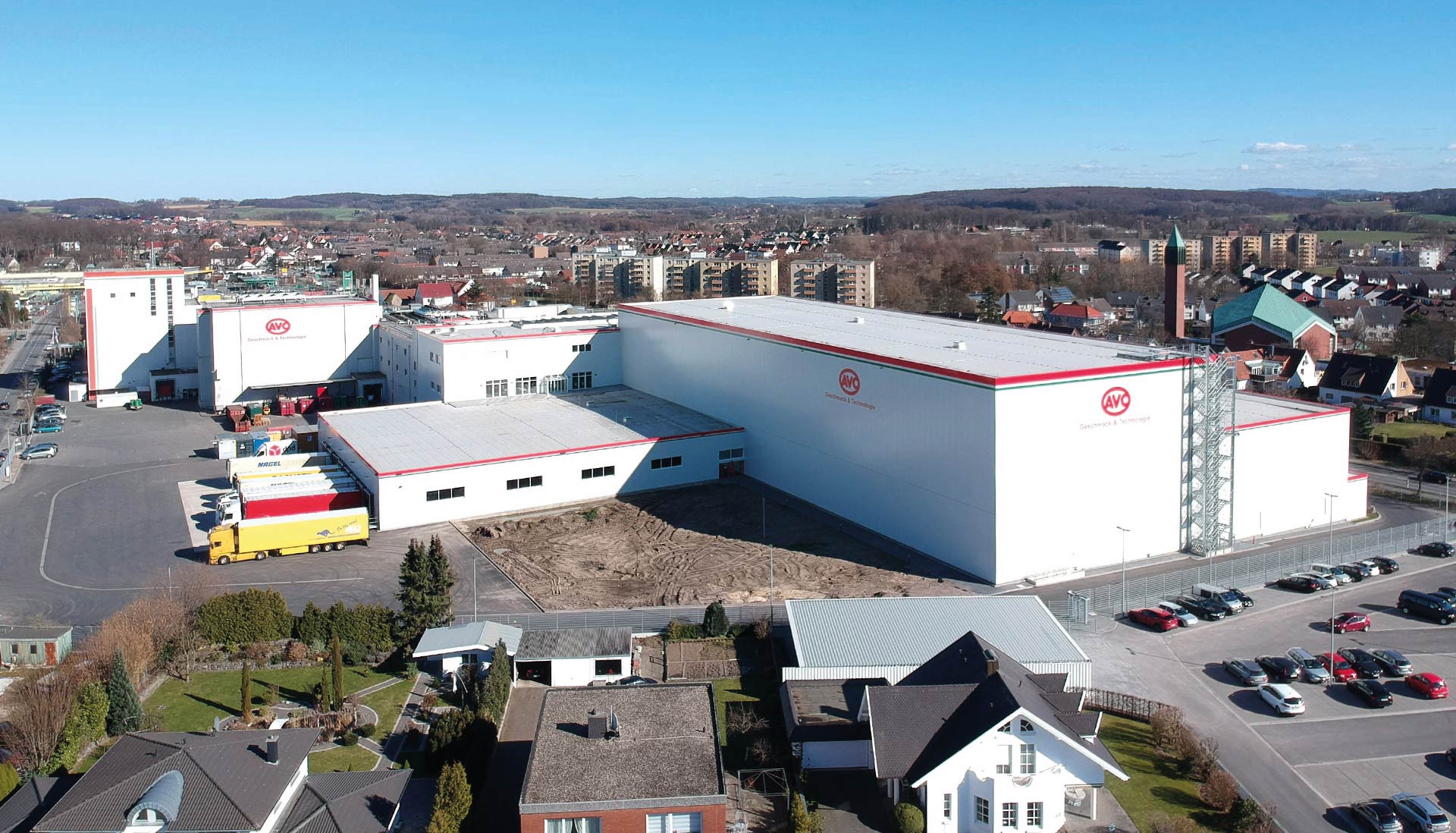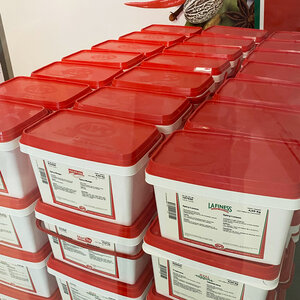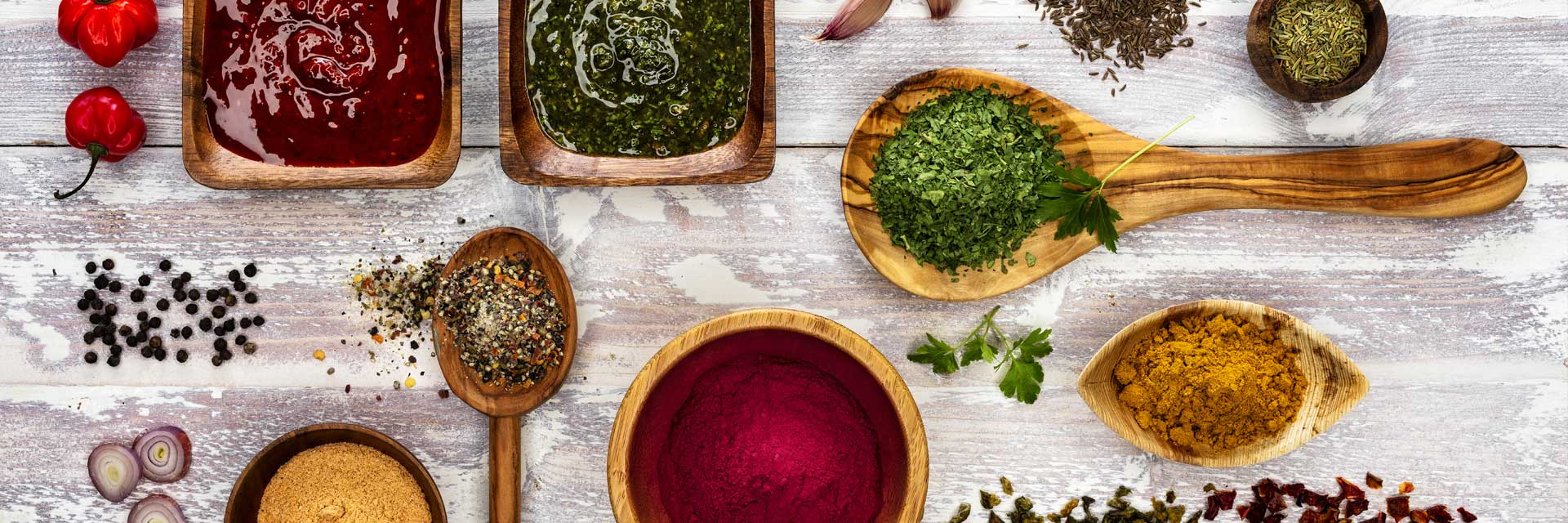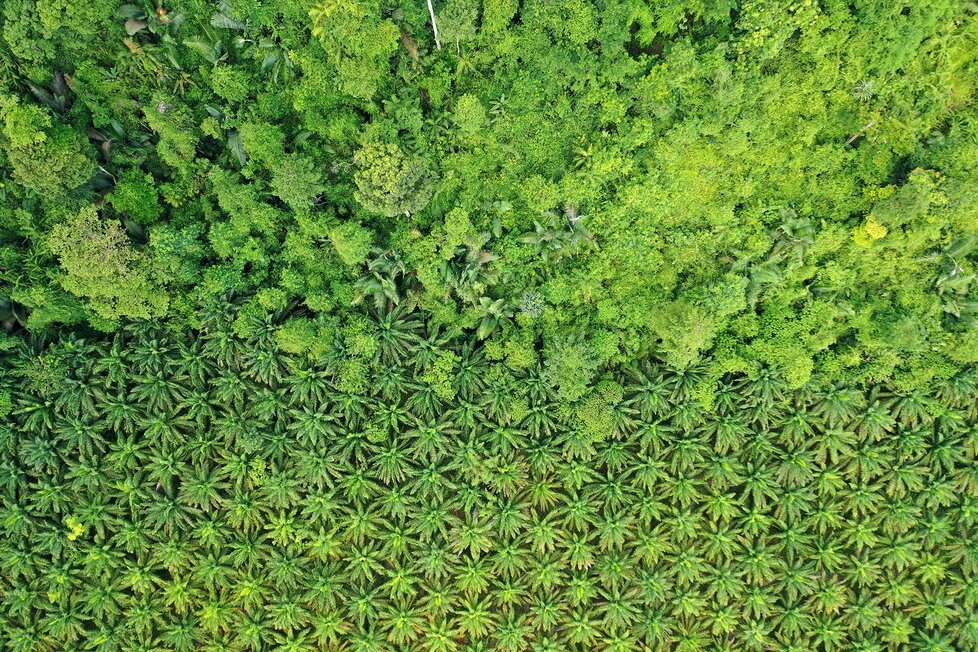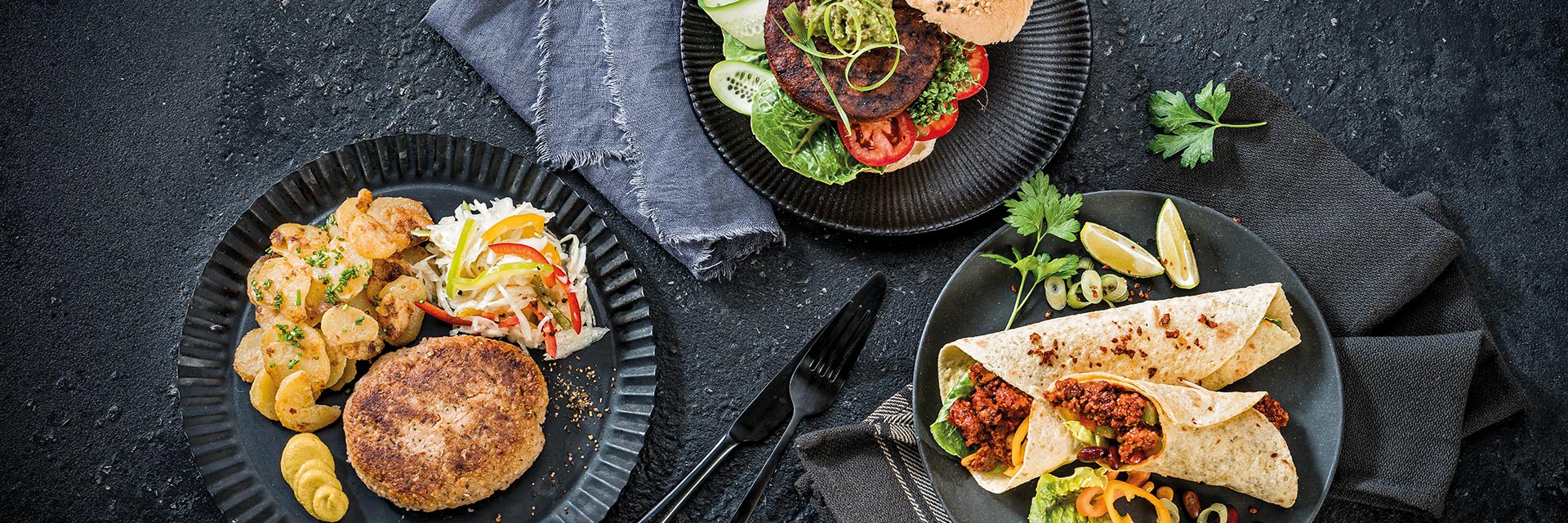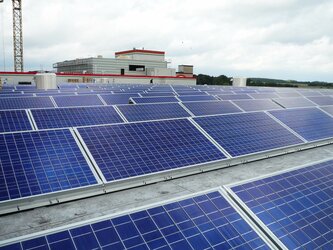
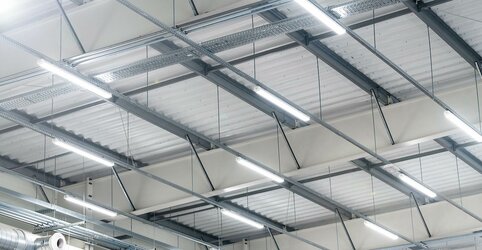
Membership of the REGINEE network
AVO is a member of the REGINEE network. REGINEE – REGIonal Network for Energy Efficiency – is part of the National Action Plan on Energy Efficiency (NAPE) and the Initiative for Energy Efficiency Networks (IEEn) of the German federal government. These initiatives support companies in the exchange of information on energy efficiency topics and encourage them to set self-imposed savings targets. The aim is to make a contribution to climate protection.
In addition to the federal government, the initiators consist of more than 20 associations along with various industrial organisations. AVO is part of the REGINEE network in Emsland. Together with nine other companies, in the period from 2016 to 2020 AVO has succeeded in saving a total of 20.5 gigawatt hours of energy and 6000 tonnes of carbon dioxide. For this, the Emsland network has won an award from the Federal Ministry for Economic Affairs and Energy and the Federal Ministry for the Environment, Nature Conservation and Nuclear Safety.
West plant expansion
We just completed our new logistics centre at the Belm site at the beginning of 2021. This means we no longer have to outsource parts of our warehouse and so can reduce transport distances. The new logistics centre was built on the recycled floor slab of the former buildings so as to ensure the sparing use of our resources.
